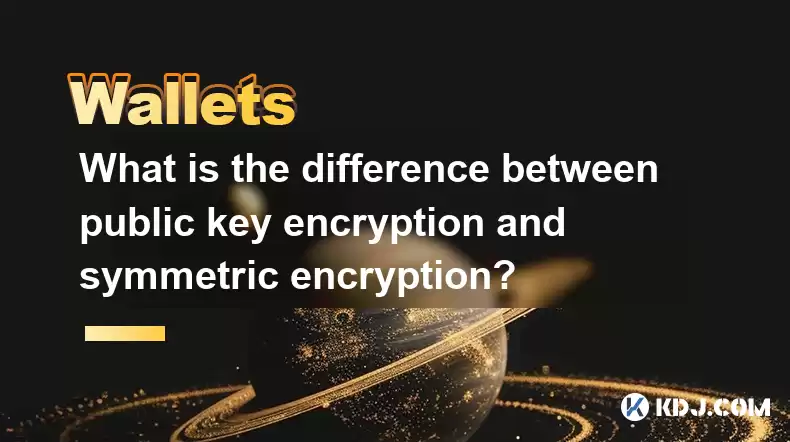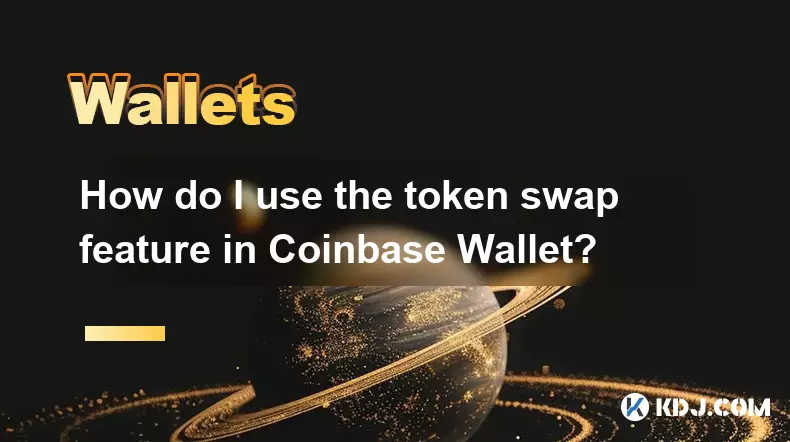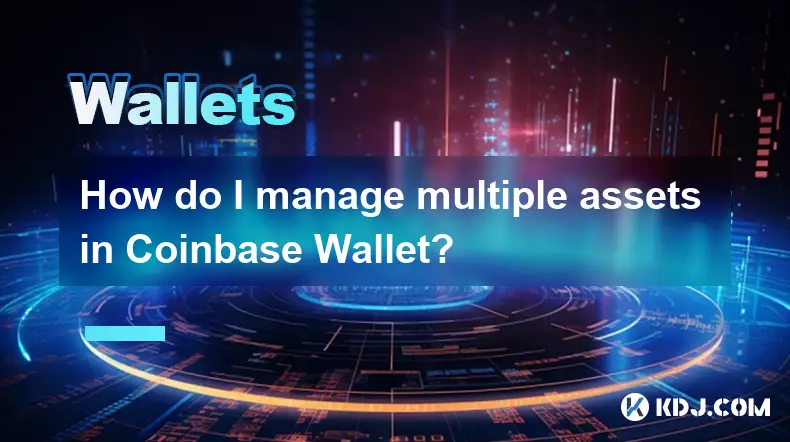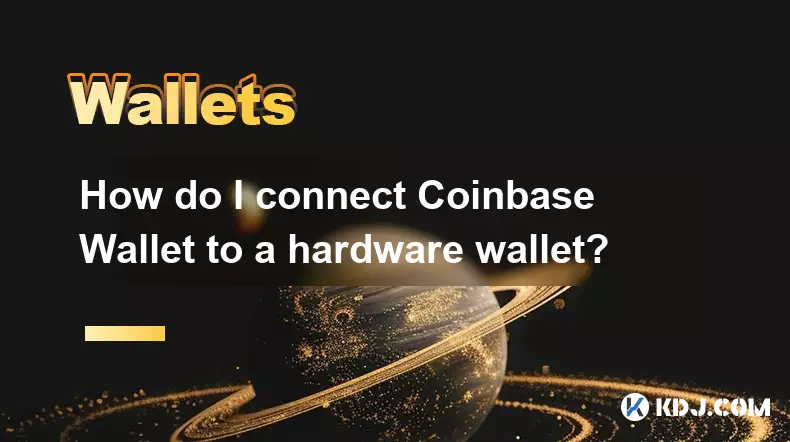-
 bitcoin
bitcoin $112195.049338 USD
2.42% -
 ethereum
ethereum $4124.915858 USD
2.81% -
 tether
tether $1.000570 USD
0.02% -
 xrp
xrp $2.861568 USD
2.25% -
 bnb
bnb $1000.346670 USD
3.04% -
 solana
solana $209.070819 USD
3.38% -
 usd-coin
usd-coin $0.999870 USD
0.02% -
 dogecoin
dogecoin $0.235379 USD
2.65% -
 tron
tron $0.335681 USD
-0.20% -
 cardano
cardano $0.803501 USD
3.38% -
 hyperliquid
hyperliquid $47.120881 USD
3.56% -
 chainlink
chainlink $21.501300 USD
3.44% -
 ethena-usde
ethena-usde $1.000571 USD
0.02% -
 avalanche
avalanche $29.793378 USD
3.62% -
 stellar
stellar $0.366964 USD
2.42%
What is the difference between public key encryption and symmetric encryption?
Cryptocurrencies utilize both symmetric (fast, efficient, but key distribution is a challenge) and asymmetric (slower, but secure key distribution) encryption; hybrid approaches, combining both, are often employed for optimal security and performance in transactions.
Mar 23, 2025 at 09:22 pm

- Public key encryption (asymmetric encryption) uses two separate keys: a public key for encryption and a private key for decryption. Symmetric encryption uses the same key for both encryption and decryption.
- Public key encryption is slower than symmetric encryption but offers crucial advantages in key distribution and authentication.
- Symmetric encryption is faster and more efficient for encrypting large amounts of data.
- Both methods play vital roles in securing cryptocurrency transactions and wallets.
- Hybrid approaches, combining both methods, are commonly used to leverage the strengths of each.
The core difference between public key encryption (also known as asymmetric encryption) and symmetric encryption lies in how they handle encryption and decryption keys. Symmetric encryption uses a single, secret key for both processes. Imagine a padlock with only one key; anyone possessing that key can both lock and unlock it. This makes it efficient but presents challenges in securely distributing the key.
Public key encryption, on the other hand, employs two distinct keys: a public key and a private key. The public key, as the name suggests, can be freely shared. Anyone can use it to encrypt a message. However, only the holder of the corresponding private key can decrypt it. This is analogous to a mailbox; anyone can drop a letter (encrypt a message) into the mailbox (public key), but only the person with the key to the mailbox (private key) can retrieve (decrypt) the letter.
Advantages and Disadvantages of Symmetric EncryptionThe primary advantage of symmetric encryption lies in its speed and efficiency. Since it uses only one key, the encryption and decryption processes are significantly faster than those of public key encryption. This makes it ideal for encrypting large volumes of data, such as entire files or databases.
However, the biggest drawback of symmetric encryption is key distribution. Securely sharing the secret key between parties becomes a major hurdle. If the key is intercepted, the security of the entire system is compromised. This limits its use in scenarios where parties haven't established a secure communication channel beforehand.
Advantages and Disadvantages of Public Key EncryptionPublic key encryption's strength lies in its secure key distribution. The public key can be disseminated openly without compromising security. Only the private key, kept secret by the recipient, is needed for decryption. This solves the key exchange problem inherent in symmetric encryption. It also forms the basis of digital signatures, verifying the authenticity and integrity of messages.
The downside is its computational cost. Public key encryption algorithms are significantly slower than symmetric ones. Encrypting and decrypting large datasets would be impractical using only public key cryptography due to its computational overhead.
How are these methods used in Cryptocurrencies?Cryptocurrencies heavily rely on both symmetric and asymmetric encryption to secure transactions and protect user wallets. For instance, the process of generating a cryptocurrency wallet often involves creating a pair of public and private keys using asymmetric encryption. The public key is used as the wallet address, shared publicly to receive funds. The private key, kept secret by the owner, is used to authorize transactions from that wallet.
Once a transaction is initiated, symmetric encryption might be used to encrypt the details of the transaction itself to enhance privacy and prevent unauthorized access. The speed advantage of symmetric encryption is valuable for handling the large volume of data involved in blockchain transactions.
Hybrid Cryptography: A Combined ApproachRecognizing the strengths and weaknesses of both methods, most real-world cryptographic systems employ a hybrid approach. Public key encryption is used for the initial key exchange, securely establishing a shared secret key. Then, symmetric encryption takes over for encrypting and decrypting the bulk of the data, leveraging its speed and efficiency. This combination provides both security and performance. This is crucial for the efficiency and scalability of blockchain networks.
Step-by-Step Example of a Hybrid Approach:- Key Exchange: Alice generates a key pair (public key A, private key A). She sends her public key A to Bob.
- Session Key Generation: Bob generates a symmetric session key (K).
- Encryption of Session Key: Bob encrypts K using Alice's public key A. He sends this encrypted session key to Alice.
- Decryption and Key Establishment: Alice decrypts the message using her private key A, retrieving the session key K.
- Data Encryption: Both Alice and Bob now use the session key K to encrypt and decrypt the actual data they want to exchange.
A: Neither is inherently "more secure." The security of each depends on the implementation and the strength of the algorithms used. Symmetric encryption can be highly secure if the key is kept secret, but key distribution is a significant vulnerability. Asymmetric encryption mitigates the key distribution problem but is vulnerable to attacks if the private key is compromised.
Q: Can I use only symmetric encryption for cryptocurrency transactions?A: While theoretically possible, it would be highly impractical. Securely distributing the symmetric key to all parties involved in each transaction would be a massive challenge, undermining the entire security model of the cryptocurrency.
Q: Can I use only asymmetric encryption for all aspects of cryptocurrency security?A: While asymmetric encryption is essential for key management and digital signatures, relying solely on it for all data encryption would be incredibly slow and inefficient, especially given the high transaction volume in many blockchain networks.
Q: What are some examples of algorithms used for symmetric and asymmetric encryption in the cryptocurrency world?A: Examples of symmetric encryption algorithms include AES (Advanced Encryption Standard). Asymmetric encryption algorithms frequently used include RSA (Rivest–Shamir–Adleman) and ECC (Elliptic Curve Cryptography).
Q: How are private keys protected in cryptocurrency wallets?A: Private keys are typically stored in a secure location, often encrypted themselves using a passphrase or other security mechanisms. The specific methods vary depending on the type of wallet (hardware, software, etc.). Strong password management is crucial for protecting private keys.
Disclaimer:info@kdj.com
The information provided is not trading advice. kdj.com does not assume any responsibility for any investments made based on the information provided in this article. Cryptocurrencies are highly volatile and it is highly recommended that you invest with caution after thorough research!
If you believe that the content used on this website infringes your copyright, please contact us immediately (info@kdj.com) and we will delete it promptly.
- SWIFT, Consensys, and Blockchain Settlement: A New Era for Global Finance?
- 2025-09-30 06:25:13
- Gold Dollar Coin, Mystery, Upright 5: Unearthing Hidden History and Whale-Sized Speculation
- 2025-09-30 06:25:13
- Citi's Token Services: Clearing the Path for 24/7 Global Payments
- 2025-09-30 04:45:16
- ADA, Mutuum Finance, and Cardano Pattern: Navigating Crypto Opportunities Like a New Yorker
- 2025-09-30 04:45:16
- Bitcoin, XRP, and 250x Gains: Is MAGACOIN FINANCE the Next Big Thing?
- 2025-09-30 04:50:01
- Heada, Shiba inu, and Blockddddddded Faucet: A Crypto Trifecta
- 2025-09-30 05:05:11
Related knowledge

How do I view smart contract interaction history in Coinbase Wallet?
Sep 24,2025 at 01:36am
Accessing Smart Contract Interaction History in Coinbase Wallet1. Open the Coinbase Wallet application on your mobile device and log in using your cre...

How do I use the token swap feature in Coinbase Wallet?
Sep 24,2025 at 05:00pm
Understanding Token Swaps in Coinbase Wallet1. The token swap feature in Coinbase Wallet enables users to exchange one cryptocurrency for another dire...

How do I participate in governance voting in Coinbase Wallet?
Sep 25,2025 at 01:55pm
Understanding Market Volatility in the Crypto Space1. Cryptocurrency markets are known for their extreme price fluctuations, often driven by sentiment...

How do I set up a custom RPC node in Coinbase Wallet?
Sep 24,2025 at 12:00pm
Understanding Custom RPC Nodes in Coinbase Wallet1. A custom RPC (Remote Procedure Call) node allows users to connect their Coinbase Wallet to a block...

How do I manage multiple assets in Coinbase Wallet?
Sep 23,2025 at 10:00am
Understanding Multi-Asset Support in Coinbase Wallet1. Coinbase Wallet allows users to store a wide variety of digital assets beyond just Bitcoin and ...

How do I connect Coinbase Wallet to a hardware wallet?
Sep 26,2025 at 02:54am
Connecting Coinbase Wallet to a Hardware Device1. Open the Coinbase Wallet app on your mobile device and ensure it is updated to the latest version. N...

How do I view smart contract interaction history in Coinbase Wallet?
Sep 24,2025 at 01:36am
Accessing Smart Contract Interaction History in Coinbase Wallet1. Open the Coinbase Wallet application on your mobile device and log in using your cre...

How do I use the token swap feature in Coinbase Wallet?
Sep 24,2025 at 05:00pm
Understanding Token Swaps in Coinbase Wallet1. The token swap feature in Coinbase Wallet enables users to exchange one cryptocurrency for another dire...

How do I participate in governance voting in Coinbase Wallet?
Sep 25,2025 at 01:55pm
Understanding Market Volatility in the Crypto Space1. Cryptocurrency markets are known for their extreme price fluctuations, often driven by sentiment...

How do I set up a custom RPC node in Coinbase Wallet?
Sep 24,2025 at 12:00pm
Understanding Custom RPC Nodes in Coinbase Wallet1. A custom RPC (Remote Procedure Call) node allows users to connect their Coinbase Wallet to a block...

How do I manage multiple assets in Coinbase Wallet?
Sep 23,2025 at 10:00am
Understanding Multi-Asset Support in Coinbase Wallet1. Coinbase Wallet allows users to store a wide variety of digital assets beyond just Bitcoin and ...

How do I connect Coinbase Wallet to a hardware wallet?
Sep 26,2025 at 02:54am
Connecting Coinbase Wallet to a Hardware Device1. Open the Coinbase Wallet app on your mobile device and ensure it is updated to the latest version. N...
See all articles


























![[Pycoin] PI Coin -Shocking Listance of Pycoin?! 'Rebellion' This time ... Pay attention to #paikoin [Pycoin] PI Coin -Shocking Listance of Pycoin?! 'Rebellion' This time ... Pay attention to #paikoin](/uploads/2025/09/29/cryptocurrencies-news/videos/pycoin-pi-coin-shocking-listance-pycoin-rebellion-time-pay-attention-paikoin/68da82f23cec1_image_500_375.webp)















































